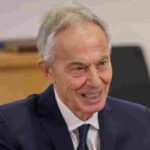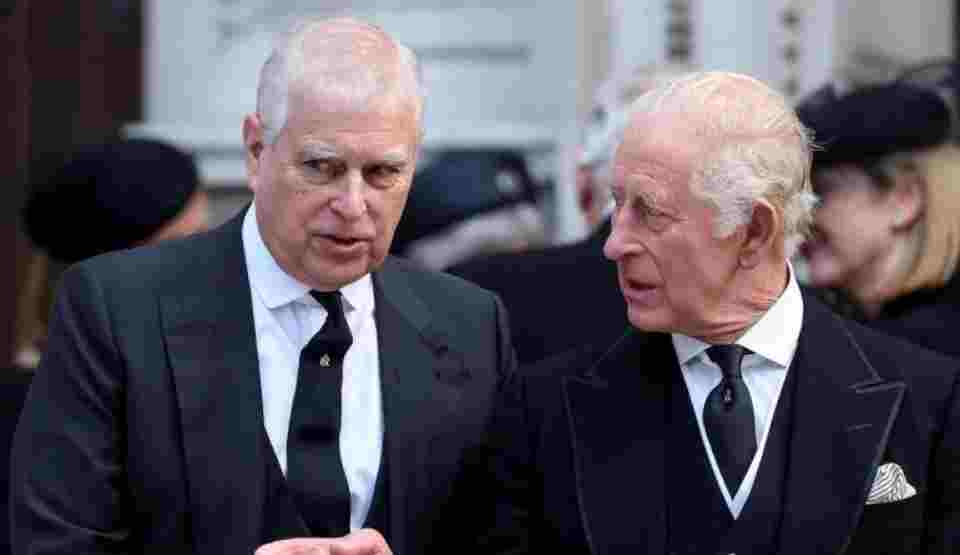An Editorial by Tab2Mag Daily Magazine
By CEO and Editor-in-Chief, Tab2Mag Daily

Asif Ghazali
President Donald Trump’s recent address to the United Nations General Assembly has sparked intense debate, revealing as much about America’s divided political landscape as it does about international diplomacy. The hour-long speech, delivered with characteristic bravado, demands examination from multiple angles to understand its true significance.
The Supporter’s Lens: America First on the Global Stage
From the perspective of Trump’s base, this speech represents exactly what they voted for—an unapologetic champion of American interests who refuses to genuflect before international bodies. Trump proclaimed America as “blessed with the strongest economy, the strongest borders, the strongest military, the strongest friendships, and the strongest spirit of any nation on the face of the earth,” calling this “the Golden Age of America.”

His supporters see validation in his critique of UN ineffectiveness. After all, many foreign policy experts have long questioned whether the organization, paralyzed by Security Council gridlock and bureaucratic inertia, can meaningfully address modern conflicts. Trump’s frustration with “all they seem to do is write strongly worded letters” echoes legitimate concerns about international institutions that seem better at issuing statements than stopping wars.
The immigration angle resonates powerfully with his base. Trump accused the UN of “funding an assault on western countries and their borders,” citing efforts to provide aid to migrants. For supporters who view unchecked migration as an existential threat to national identity, these words represent a leader finally speaking uncomfortable truths.
The Critical Perspective: Diplomacy Derailed
Critics, however, see something far more troubling—a president who has fundamentally misunderstood America’s role in the world. The speech’s tone struck many as not just undiplomatic but counterproductive. In the “just-about hourlong address to the UN General Assembly, US President Donald Trump insulted the organization repeatedly.”
The most glaring issue lies in Trump’s factual claims. His assertion that he “ended seven unendable wars” is rated “Mostly False” by fact-checkers, with Trump having “a hand in deals that eased conflicts between Cambodia and Thailand; Israel and Iran; and India and Pakistan—although some of those countries’ leaders dispute his role.” When a president’s signature achievements are disputed by the very countries involved, it raises serious questions about the reliability of his narrative.
His Nobel Peace Prize obsession appears particularly tone-deaf. While “deadly wars continue to ravage Ukraine and Gaza,” Trump insisted “Everyone says I should get the Nobel Peace Prize for each one of these achievements.” This self-aggrandizement in the face of ongoing global suffering strikes critics as grotesquely inappropriate.

The Institutional Angle: A System under Strain
The speech illuminates broader tensions between national sovereignty and international cooperation. Trump’s harsh words for the UN reflect a genuine crisis of multilateralism. The organization does face credibility challenges, from its inability to prevent conflicts to questions about its bureaucratic efficiency.
However, Trump’s approach—public humiliation rather than constructive engagement—risks undermining whatever effectiveness the institution retains. When the world’s most powerful nation’s leader treats international law and norms with contempt, it invites others to do the same.
The Global Context: Allies and Adversaries
Perhaps most concerning is how this speech lands with international audiences. Trump’s message to the world: “Do what I have done for America in just eight months—particularly in stopping immigration and ending green energy policies—and you, too, can turn your ‘failing’ countries into enviable successes.”
This approach risks alienating crucial allies at a time when global cooperation is desperately needed. Climate change, pandemic preparedness, and nuclear proliferation require multilateral solutions that Trump’s go-it-alone rhetoric makes more difficult to achieve.
The Media Lens: Spectacle vs. Substance
The speech also highlights how Trump’s communication style prioritizes attention over accuracy. He “ripped into the UN’s renovation of its Manhattan headquarters, and its failure to provide a working teleprompter for the first part of his remarks.” While these grievances may be legitimate, their inclusion in a major foreign policy address suggests a leader more focused on personal slights than global challenges.
Our Assessment: Missing the Moment
While Trump’s critique of UN ineffectiveness contains kernels of truth, his approach represents a profound missed opportunity. America’s strength has historically come not just from military or economic power, but from its ability to build coalitions and shape international norms. This speech suggests a president more interested in scoring domestic political points than in solving global problems.
Polling shows that 76% of Americans believe Trump doesn’t deserve the Nobel Peace Prize he craves—a reminder that even at home, his claims about peace making ring hollow for most citizens.
The real tragedy is that legitimate concerns about international institutions and global governance are overshadowed by bombast and self-promotion. America needs leaders who can reform and strengthen international cooperation, not tear it down for applause lines.
In an era of rising authoritarianism, climate crisis, and technological disruption, the world needs American leadership more than ever. This speech suggests we’re more likely to get American theatrics instead.
The Editorial Board of Tab2Mag Daily Magazine represents diverse viewpoints but speaks with one voice on matters of democratic governance and international cooperation.
Asif Ghazali
CEO and Editor-in-chief.
“The newspaper’s editorial policy is to remain neutral”.





